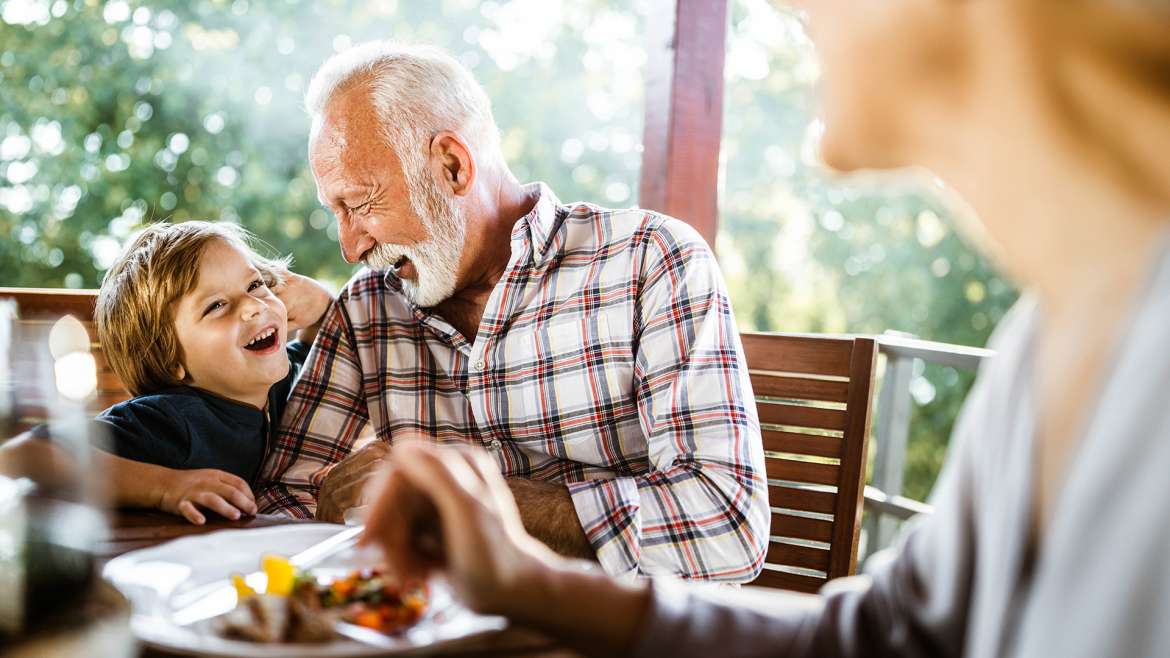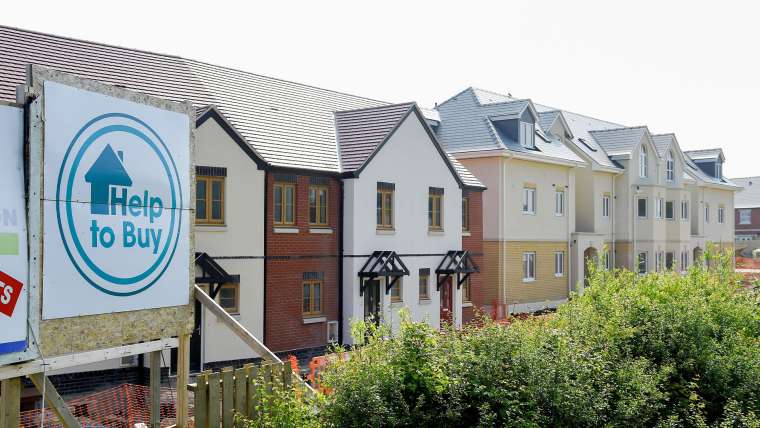One of the most common questions we are asked when considering Wills is “Can I gift my house to my children to avoid care home fees?”
Quite simply, there is nothing to stop you from making gifts during your lifetime as long as you understand what you are doing and the possible consequences.We find that many of the consequences can be over-looked. Giving away your home is a big step that should not be taken lightly.
Some of the consequences include:-
- You may well be seen as intentionally depriving yourself of an asset by the authorities. People usually wish to transfer ownership to family members because they believe that in the event that they go into residential or nursing care the house will not be counted for the purpose of calculating how much of their care home fees they would have to pay themselves. The local authority usually sees this as you deliberately reducing your assets so as to qualify for state funded care and they have the discretion to refuse to pay for your care because of this.
- A loss of control as you no longer own the property
- Meeting the costs for the upkeep and renovation works for a property you no longer own
- You will no longer be able to decide what happens to the property if you die
- If the person you have gifted the house to dies – it will then form part of their estate and not yours. You cannot control who owns it next
- There may be inheritance tax consequences particularly if you make a gift of your house but continue to live in it as you will be treated as if you still own the value of the house as at the date of your death, (the “seven year” rule does not apply here) – this is known as Gift with Reservation of Benefit
- If the person you have transferred your house to then becomes involved with divorce proceedings, your house will be taken into account as part of the divorce,
- If the person you have transferred your house to becomes bankrupt or enters into financial difficulties (such as an IVA) your house will be available to his or her Trustee in Bankruptcy to satisfy the debts,
- There may be Capital Gains Tax implications of making a gift of your house, and
- You will lose the Principal Primary Residence’ exemption
- There could be increased rates of Stamp Duty Land Tax payable by the person you are gifting the house to
- The Department for Work and Pensions will probably see this as a deliberate deprivation of assets in order to qualify for means tested benefit and may still count the house as belonging to you when calculating any payments
If you wish to consider giving away your home we can meet with you and go through the implications so you can make an informed decision before proceeding. If you do go ahead, we would recommend that all of you sign an agreement to make sure everyone’s interests are protected which specifically allows you to stay in the property and detailing who is responsible for outgoings and repairs (amongst other things).
If you do reduce your assets and require care in the future, you should also remember that this may significantly reduce your choice of where you can reside and can impact on your lifestyle and comfort in the latter stages of your life. There may be other important reasons why you might still wish to make a gift of your house, such as reducing your liability for Inheritance Tax (IHT). We must always recommend taking appropriate financial advice and carefully keeping records of it before gifting your house if IHT is a problem for you.
One option you may wish to consider is setting up a Trust in your Will. If you own the property jointly with someone, this involves changing the way you own the property so that you each own your own share as Tenants in Common.You are then free to dispose of your own share of the property under your Will. There are different types of Will Property Trusts which we will be happy to discuss with you. Essentially the Trust would give the survivor of you a right to live at the property for the rest of their life but ultimately your share would be disposed of under your Will. So if one person dies, their share will pass under the terms of their Will. If the survivor then requires care, only their share of the property would be taken into account when the assessment is made for care fees. You should bear in mind with this option that it leaves the survivor owning the property jointly with someone else (as the survivor will no longer own the whole property) and this may not suit your circumstances. Again we will be more than happy to go through the advantages and disadvantages of including a Property Trust in your Wills and can discuss the options available to you in more detail.
There are various points to consider and you should obtain legal advice before proceeding. Please feel free to contact us so we can discuss your individual needs and tailor the options available for the best way forward for you.



